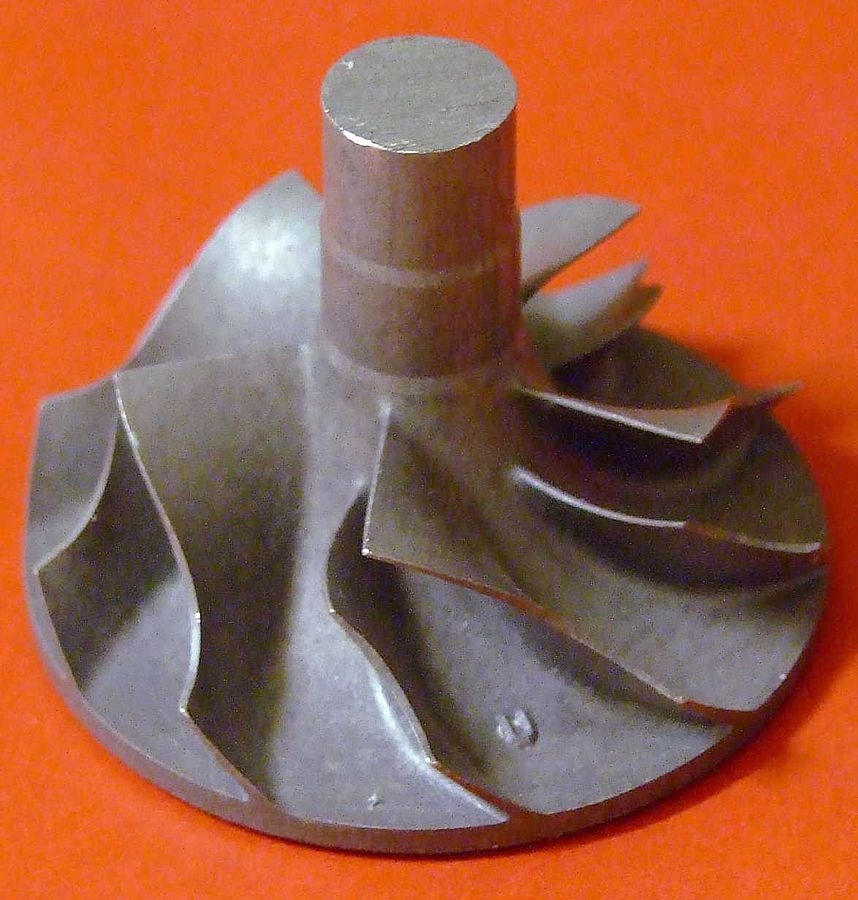
In March, the Department of Commerce launched an investigation into whether the quantity or circumstances of titanium sponge imports into the United States threaten to impair the national security. It was prompted by a petition, filed by Titanium Metals Corporation (TIMET) six months ago but only made public on April 8th. This post reviews the petition, in particular its proposed remedy, amid the array of other national security investigations undertaken by the Trump administration under Section 232 of the Trade Expansion Act of 1962.
In initiating the investigation, Commerce pointed to the uses of titanium sponge “in a wide range of defense applications, from helicopter blades and tank armor to fighter jet airframes and engines”. It observed that imports account for more than 60% of U.S. titanium sponge consumption. It also indicated that the Department of Defense supports the initiation of the investigation. This investigation may provide a more compelling link to national security than other Trump Section 232 investigations.
To bolster its claim that imports of titanium sponge threaten to impair national security and critical infrastructure that supports the civilian commercial aerospace industry, TIMET cites Defense Department reports and the inclusion of titanium on the list of critical minerals published by the Department of Interior in response to a Trump directive. (Also, the U.S. excludes specialty metals, including titanium, from Defense Department procurement that it covers under the WTO Government Procurement Agreement.)
According to the petitioner, its titanium sponge plant in Nevada is the last remaining domestic plant; and that plant needs substantial capital investments, which cannot be justified in a market with available low-priced imports. Without its plant, the U.S. will be dependent upon titanium sponge from "foreign suppliers located in geographically remote and/or geopolitically risky countries”, namely, Japan, Kazakhstan, Russia, China and Ukraine.
In 2017, TIMET sought relief under U.S. trade remedy laws. It filed an antidumping and countervailing duty petition against titanium sponge imported from Japan and Kazakhstan. Although the Commerce Department found dumping with margins of 70%-95% for Japan and 42% for Kazakhstan and credible evidence of unlawful subsidies by the Government of Kazakhstan, the U.S. International Trade Commission did not find injury, so the investigations were terminated.
TIMET is seeking remedies that would return the U.S. industry to “sound economic footing”. While it proposes tariffs as one possible remedy, it recognizes that would increase costs for U.S. consumers of titanium sponge and limit imports but would not encourage the needed investment in production facilities.
Its preferred solution would impose tariffs on an "interim basis", as leverage "to induce high-volume foreign exporters like Japan” to negotiate a bilateral agreement that would establish reference prices for titanium sponge at 2013 levels, about 30% above 2017 prices. TIMET focuses on Japan because it is “the source of a substantial majority” of current titanium sponge imports. Japan's imports “establish the value of all titanium sponge consumed” in the U.S., as well as the prices for downstream titanium mill products.
The petitioner suggests that a reference price agreement could be patterned after the recent U.S. agreement with Mexico that suspended an antidumping duty investigation on Mexican sugar. The parties agreed not to sell sugar in the U.S. below the reference prices set in the agreement.
The titanium investigation is the 5th Section 232 investigation initiated by the Commerce Department. Prior to the Trump administration’s taking up Section 232 as one of its favorite trade tools, this law had been the basis of only 26 investigations in its first 40 years, with few leading to action, including the last one in 2002.
The Trump administration’s use of the national security law to impose tariffs in May 2018 on steel and aluminum continues to roil the trade arena, as Canada, Mexico and the U.S. Congress push for their removal in order to approve the U.S.-Mexico-Canada Agreement.
In mid-February, Commerce submitted its report to the president on whether imports of autos and auto parts threaten the national security; that report has not been made public, despite an obligation to publish it. The president has 90 days to decide whether to impose tariffs, as he has often threatened to do. Any auto tariffs imposed on the European Union or Japan could undermine pending negotiations with them. Commerce’s report on the threat posed by uranium imports is due on April 12.
The president's use of Section 232, often as leverage in negotiations, will likely continue unabated unless his authority is curbed by the Congress or the courts. Currently, two bipartisan bills relating to the use of this national security authority are pending in both houses of Congress and the Chairman of the Senate Finance Committee is preparing his own version.
Another post will take up the potential effects on Section 232 of litigation in U.S. courts and the WTO.
Jean Heilman Grier
April 11, 2019
RELATED POSTS
Uranium 232 Investigation: Non-tariff Remedies
Trump Tariff Authority: Curb or Expand?
National Security Tariffs: Cars Next?

